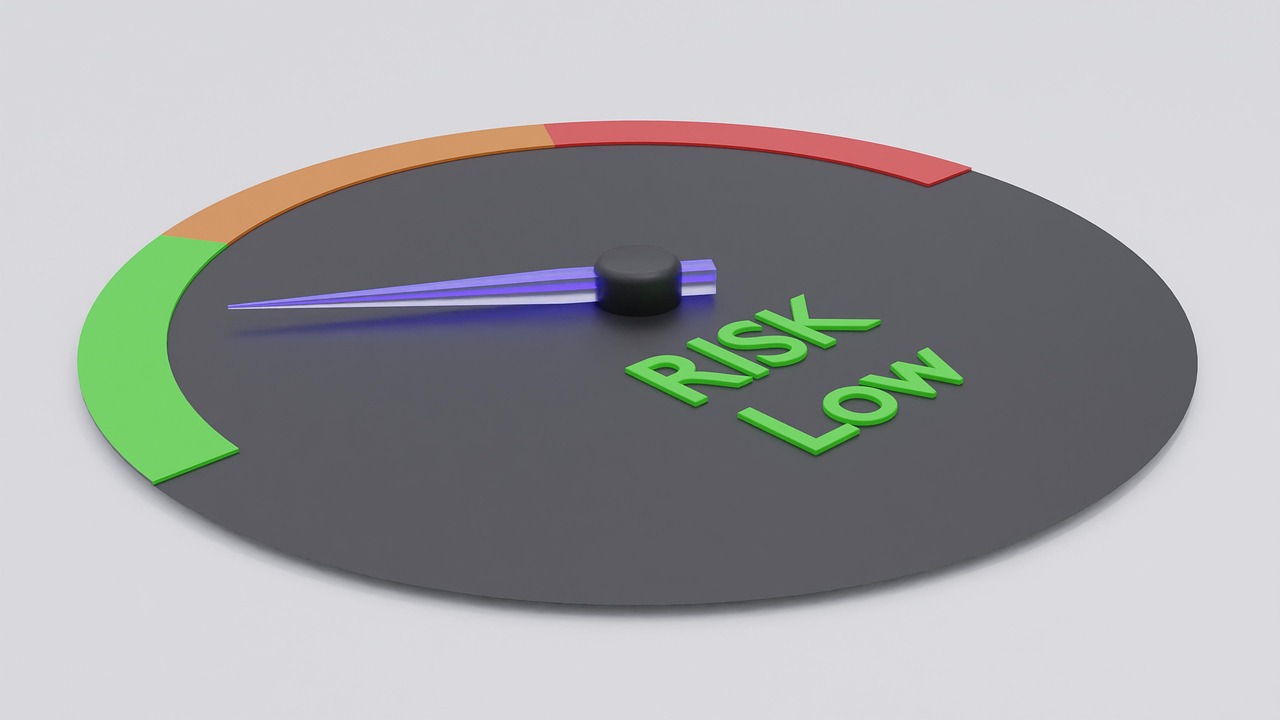Meal timing tips to support digestion and focus
Adjusting when you eat can reduce digestive discomfort and help maintain steady focus throughout the day. This article outlines practical meal timing strategies, nutrient pairings, and simple habits—linked to macronutrients, fiber, hydration, and mealprep—that support digestion and sustained concentration.

How and when you eat influence digestion and mental clarity as much as what you eat. Scheduling balanced meals and snacks can stabilize blood sugar, reduce post-meal fatigue, and promote regular gut function. The guidance below focuses on pairing macronutrients and micronutrients, using fiber and hydration strategically, and planning portions and snacks to support both digestion and focus during typical work and activity patterns.
This article is for informational purposes only and should not be considered medical advice. Please consult a qualified healthcare professional for personalized guidance and treatment.
How do macronutrients and protein affect digestion?
Macronutrients—carbohydrates, protein, and fats—digest at different rates and influence hunger and energy. Including protein at each meal slows gastric emptying and helps maintain steady blood glucose, which supports sustained attention between meals. Aim for a moderate portion of protein such as lean poultry, fish, dairy, eggs, or plantbased sources like legumes and tofu. Combining protein with complex carbohydrates and healthy fats produces a more gradual energy release that supports both digestion and cognitive performance.
Why are micronutrients and labels important?
Micronutrients—vitamins and minerals—support enzymatic and neurological processes tied to digestion and mental clarity. Reading labels helps you identify added sugars, sodium, and artificial ingredients that can trigger digestive upset or energy crashes. Prioritize wholefoods that provide a broad micronutrient profile, such as leafy greens, nuts, seeds, and fortified whole grains. Labels also reveal portion sizes, which helps you time meals sensibly and avoid overeating, a common cause of sluggishness after eating.
How does fiber and hydration support satiety?
Fiber from fruits, vegetables, legumes, and whole grains slows digestion and increases satiety, reducing the need for frequent, unfocused snacking. Soluble fiber helps moderate blood glucose while insoluble fiber supports bowel regularity. Adequate hydration is essential alongside fiber: water helps soluble fiber form a gel that moves through the gut and prevents constipation. Sip water consistently throughout the day, and pair fiber-rich meals with fluids to support digestion and maintain mental alertness.
Can wholefoods and plantbased choices help focus?
Wholefoods provide steady-release energy and nutrient density that support digestion and cognitive function. Plantbased meals can be particularly effective when balanced with complete protein sources or complementary proteins (for example, rice with beans) and healthy fats. Seasonal vegetables tend to be more nutrient-dense and can diversify micronutrient intake. Selecting minimally processed options reduces exposure to added sugars and preservatives that often cause rapid energy fluctuations and digestive discomfort.
What role do portions and snacks play in timing?
Portion control helps prevent post-meal fatigue that undermines focus. Many people find success with balanced meals every 3–4 hours; others prefer two main meals and planned snacks. Snacks that combine protein and fiber—such as plain yogurt with berries, a small handful of nuts, or hummus with raw vegetables—stabilize blood sugar without overburdening the digestive system. Use labels and simple portion guides (plate thirds or pre-measured containers) to keep servings consistent with your timing plan.
How to use mealprep and seasonal foods effectively?
Mealprep makes it easier to stick to a timing strategy by ensuring balanced options are available when you need them. Batch-cook wholefoods like grains, roasted seasonal vegetables, and legumes, and portion them into meals and snacks for predictable timing. Incorporating seasonal produce not only varies micronutrient intake but can also reduce prep time and cost. Pack portioned snacks and ready-to-heat meals to avoid impulsive, less-digestible choices that can disrupt both digestion and concentration.
Small adjustments to timing—adding protein at breakfast, spacing meals evenly, and keeping balanced snacks on hand—can reduce digestive discomfort and support clearer thinking throughout the day. Monitor how different meal patterns affect your digestion and focus over a week, and adjust portions, fluid intake, and macronutrient balance to match your activity and sleep schedule. Consistency and attention to wholefoods, fiber, hydration, and mindful portions are practical steps toward better digestive comfort and sustained concentration.






